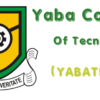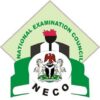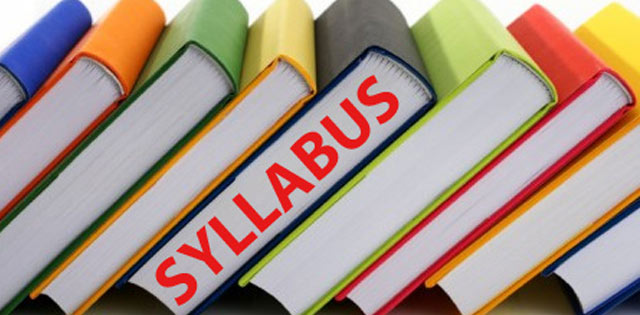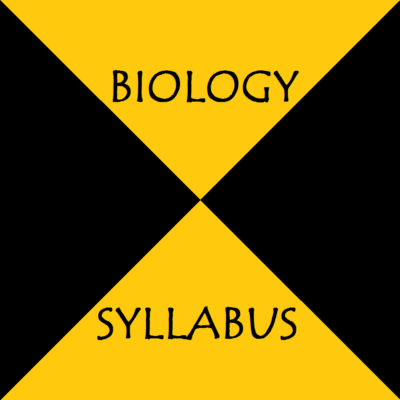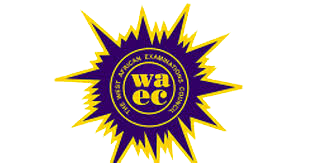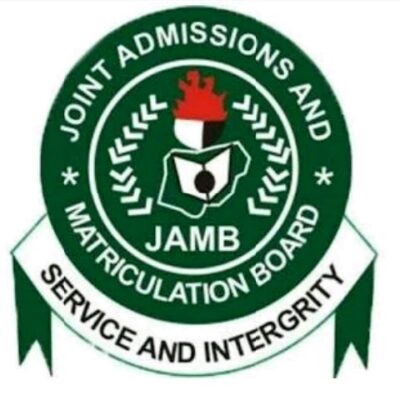
JAMB 2023/2024 UTME Syllabus for all Subjects: This Unified Tertiary Matriculation Examination syllabus is the outcome of an extensive collaborative effort bringing together major stakeholders namely; Universities, Monotechnics, Polytechnics, Colleges of Education and Secondary Schools. The aim of the Unified Tertiary Matriculation Examination (UTME) syllabus is to prepare the candidates adequately for the forthcoming Board’s examination. The JAMB UTME syllabus contains a detailed and relevant information regarding each subject Objectives, Topics, Contents, Notes and Recommended Textbooks. The questions you are to answer on the examination day will be drawn from the syllabus.
RECOMMENDED: WAEC Syllabus for All Subjects 2022/2023
The Joint Admissions & Matriculation Board, JAMB current syllabus is freely accessible online once you are connected to the internet and is also downloadable for candidates that wish to check the topics they are required to read and the recommended texts.
JAMB 2023/2024 UTME Syllabus for all Subjects
JAMB 2023/2024 UTME Syllabus for all Subjects: Edugist has now provided you with the current JAMB UTME Syllabus for your respective subjects. Please click on the subjects below to access their respective syllabus and recommended books;
- Agriculture JAMB Syllabus
- Art JAMB Syllabus
- Arabic JAMB Syllabus
- Biology JAMB Syllabus
- Chemistry JAMB Syllabus
- Commerce JAMB Syllabus
- CRS JAMB Syllabus
- Economics JAMB Syllabus
- French JAMB Syllabus
- Geography JAMB Syllabus
- Government JAMB Syllabus
- Hausa JAMB Syllabus
- History JAMB Syllabus
- Home Economics JAMB Syllabus
- IGBO JAMB Syllabus
- Islamic Studies JAMB Syllabus
- Literature JAMB Syllabus
- Mathematics JAMB Syllabus
- Music JAMB Syllabus
- Physics JAMB Syllabus
- Principles of Account JAMB Syllabus
- Use of English JAMB Syllabus
- Yoruba JAMB Syllabus
ELIGIBILITY FOR THE EXAMINATION (JAMB 2023/2024 UTME Syllabus for all Subjects)
Those eligible to sit the UTME are holders of the following qualifications or their equivalents:
i) the West African School Certificate (WASC) ii) the Senior Secondary School Certificate (SSC)
iii) the National Technical Certificate or the National Business Certificate (NTC/NBC) iv) Teachers’ Grade II Certificate
Candidates who have sat or are scheduled to sit examinations in any of these qualifications in the year of application may also sit the UTME
STRUCTURE OF THE EXAMINATION
The UTME is conducted once a year in the computer based test mode. The test is a two-hour multiple-choice in four subjects, with a compulsory paper _ the Use of English and three other subjects of a candidate’s choice. Prospective candidates are advised to seek the advice of their teachers, parents/guardians or career counselors in their choice of elective subjects for the UTME.
ADMISSION REQUIREMENTS
Prospective candidates for the UTME are to note that for them to secure admissions into tertiary education programme, they have to:
- attain an appreciable standard of pass in the UTME in the relevant subjects;
- obtain credit passes in five relevant subjects in the appropriate WAEC/NECO SSCE/Teachers’ Grade II examination.
The credit/merit passes in question should be attained at not more than two sittings. Normally, credit passes in Mathematics and English Language are required for all tertiary education courses except where it is stated otherwise. In addition to the general entry requirements specified above, candidates must meet any other specific entry requirements. Candidates are therefore advised to consult the appropriate sections of the UTME/DE brochure for information
about the specific entry requirements for different programmes. It is also important to note that admissions are subject to general guidelines enunciated from time to time by the proprietors of higher educational institutions. Such guidelines may set out admissions quotas or implementation principles which the Board and the institutions are expected to uphold.
BEWARE OF EXAMINATION MALPRACTICE
Increasingly, candidates, examination officials and other persons are yielding to the temptation to cheat in examinations. Cheating (or aiding or abetting cheating) in examinations is criminal act punishable in law. The Examination Malpractices Decree 1999 provides penalties for persons convicted of examination malpractice. Punishment provided include imprisonment for
3-5 years or a fine of N50,000 or more, or both prison sentence and fine. By provision of the decree, the following are considered criminal acts:
Cheating, use of electronic device, impersonation, collusion with others with the intent to cheat or secure unfair advantage for self or for another, disturbance at examinations, misconduct in the course of an examination, failure to obey lawful orders of supervisors, proctors or agents of the examination body, forgery of result notification, breach of duty, conspiracy, aiding, multiple application, etc.
Recommended Link:
- JAMB Recommended Textbooks 2023/2024 For All Subjects
- JAMB Brochure
- 2023 UTME: JAMB Registration and Examination
- JAMB CBT Software for 2021 UTME | FREE DOWNLOAD
JAMB 2023/2024 UTME Syllabus for all Subjects: For more information on UTME visit https://www.jamb.gov.ng/

